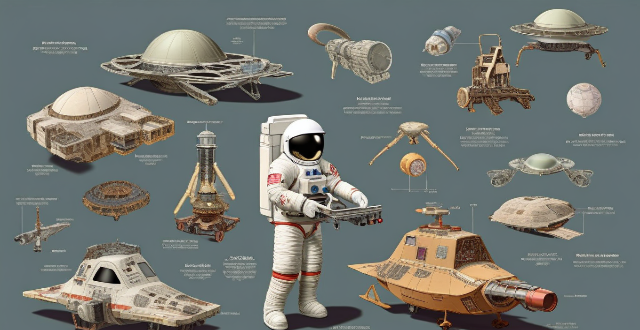There are age and health restrictions for going on a space travel adventure. The minimum age is usually 18 years old, while the maximum age varies between providers. Health restrictions include physical fitness tests, mental health evaluations, chronic conditions exclusions, pregnancy prohibitions, recent surgery or injury waiting periods, height restrictions, motion sickness considerations, allergies to materials used in spacecraft construction or supplies carried on board, and drug use disqualifications. These restrictions help ensure the safety and well-being of all participants involved in this exciting but challenging endeavor.

Are There Any Age or Health Restrictions for Going on a Space Travel Adventure?
Yes, there are age and health restrictions for going on a space travel adventure. Here are some of the most common ones:
Age Restrictions
- Minimum Age: Most space tourism companies require passengers to be at least 18 years old. This is because minors may not have the legal capacity to sign contracts or assume risks associated with spaceflight.
- Maximum Age: The maximum age limit varies between different space tourism providers. Some companies set an upper age limit of 60 or 70 years old, while others do not specify any maximum age. However, it is worth noting that older individuals may face additional health screenings and restrictions due to the physical demands of spaceflight.
Health Restrictions
- Physical Fitness: Spaceflight can be physically demanding, so potential passengers must undergo a comprehensive medical evaluation to ensure they are fit enough to endure the rigors of space travel. This includes tests for cardiovascular health, lung function, and overall fitness.
- Mental Health: Mental health is also an important consideration for space travel. Potential passengers must demonstrate psychological stability and resilience to cope with the stresses of spaceflight, including isolation, confinement, and potential emergencies.
- Chronic Conditions: Individuals with certain chronic conditions, such as diabetes or high blood pressure, may be excluded from participating in space travel due to the unique challenges of managing these conditions in microgravity.
- Pregnancy: Pregnant women are generally not allowed to participate in space travel due to the risks associated with microgravity exposure during pregnancy.
- Recent Surgery or Injury: Individuals who have undergone recent surgery or sustained significant injuries may need to wait until they have fully recovered before being eligible for space travel.
- Height Restrictions: Some spacecraft designs have height restrictions that limit the maximum height of potential passengers. This is typically due to constraints within the cabin or seating arrangements.
- Motion Sickness: Individuals who suffer from severe motion sickness may find space travel particularly challenging, as microgravity can exacerbate symptoms.
- Allergies: Allergies to materials used in spacecraft construction or supplies carried on board may disqualify individuals from participating in space travel.
- Drug Use: Current drug use, especially recreational drugs, may disqualify individuals from participating in space travel due to safety concerns and potential impacts on performance during the mission.
In summary, age and health restrictions play a crucial role in determining who is eligible for space travel adventures. These restrictions help ensure the safety and well-being of all participants involved in this exciting but challenging endeavor.